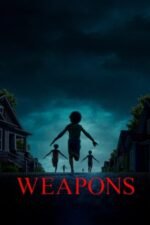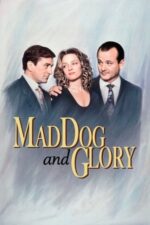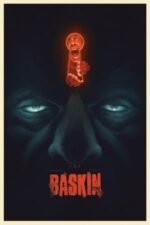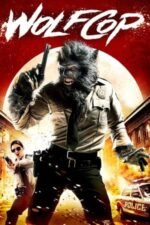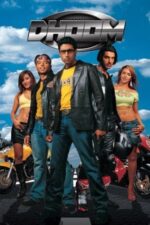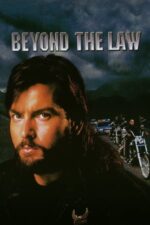Beyond the Badge: Exploring the Complex World of the "Cop" in Cinema
Hey everyone! So, I was thinking about something recently – how often do we really think about the “cop” as a cinematic archetype? It’s such a foundational figure in so many genres, from gritty crime thrillers to action-packed blockbusters. But it's more than just someone chasing bad guys; the portrayal of law enforcement on screen reflects our anxieties, hopes, and evolving understanding of justice itself.
Think about it: for decades, the "cop" was often a stoic hero, a lone wolf battling corruption and upholding the law – think Clint Eastwood in Dirty Harry, or even early iterations of James Bond (who, let’s be honest, operates with a pretty flexible legal framework!). These figures were presented as almost infallible, embodying an idealized version of authority.
But things have shifted, haven't they? The films we've been looking at really highlight that evolution. Night Vision, for example, presents us with Dak – a cop wrestling with his own demons while confronting unimaginable violence. He’s not the clean-cut hero; he’s flawed and vulnerable, reflecting a more nuanced view of those who wear the badge. It’s a far cry from the unwavering righteousness we often saw before.
Then you have films like Golpe a la Mafia, which doesn't shy away from exploring systemic corruption within police forces – a sadly relevant theme today. It challenges the simplistic "good cop vs. bad guy" narrative and asks us to consider who truly holds power. And in 29 Palms, we see a morally conflicted officer, caught between duty and conscience, further blurring those lines. The film’s structure, with its shifting perspectives and multiple characters all vying for the same prize, really emphasizes that everyone operates within shades of grey.
Even something seemingly lighter like Double Trouble – with its twin cop/burglar dynamic – uses the familiar trope to explore moral ambiguity. It's a fun premise, sure, but it also subtly questions our assumptions about right and wrong. And Hear No Evil, with its focus on Jillian’s vulnerability as she’s caught in a corrupt officer’s crosshairs, is a powerful reminder of how easily power can be abused.
What I find fascinating is how the "cop" character has become a lens through which we examine broader societal issues – trust in institutions, the nature of justice, and even our own biases. The films aren't just about catching criminals; they’re about holding a mirror up to ourselves.
So, next time you see a film featuring a law enforcement officer, I encourage you to look beyond the action sequences and consider what that portrayal is really saying about society and the complexities of upholding the law. It’s a fascinating journey through cinematic history!



















